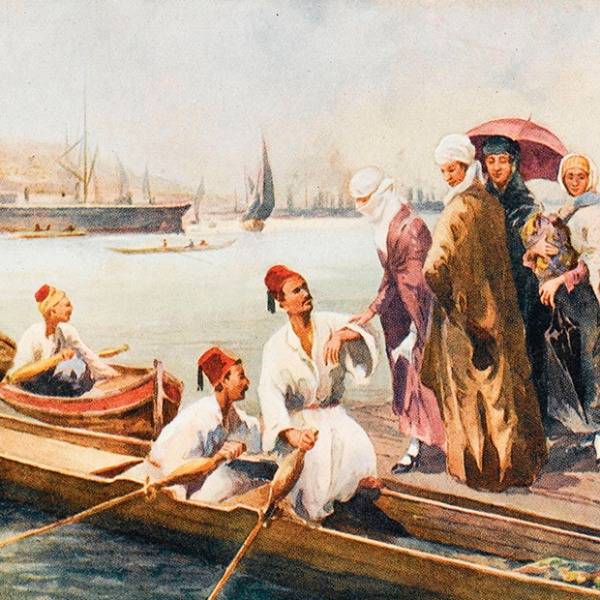
This article is a preview from the Spring 2020 edition of New Humanist
leader from Old English lædere, “one who leads”
Following the US Democrats and British Labour Party leadership contests, there are commentaries galore on the qualities a leader should possess.
The words “lead”, “leader” and “leadership” have been around for a long time, with Old English writers from as early as 825 using the word “lead” as a verb. We have Ecgbryht “leading” an army in the Anglo-Saxon Chronicle in 900. The specific phrase “leader of the opposition” first appears – according to the OED – in 1771, when a commentator writes, “I am a partizan of the great leader of the opposition.”
The word “leadership” in the political context can be neutral, simply meaning the position, as in “the leadership is up for grabs”. But for some time people have speculated whether “leadership” requires certain qualities. This sense of the word took hold in British English in the 1930s. People writing about child development claimed that “the talent of leadership” could be found from schooldays onwards.
By 1972, social psychologists were on to it, writing about “the relationship between personality traits and leadership behaviour”. A year later, President Harry Truman’s son quipped: “Dad once defined leadership as the art of persuading people to do what they should have done in the first place.”
The word “Führer” in German originally meant nothing more or less than “leader”. Adolf Hitler adopted the term in part because there was already in existence a German theory: “Führerprinzip”, the leader-principle. This stated that certain “gifted individuals” were “born to rule” and required absolute obedience. We know what that led to.
Long before the Nazis came to power, in the 16th century, Machiavelli created a philosophy of leadership in The Prince. Ideas such as “divide and rule” (originally a Roman military axiom), or the idea that the illusion of virtue is more important than actual virtue, were popularised by Machiavelli at this time.
Modern political leadership seems to require ruthlessness and inviting people to like your public persona. In a democracy, re-election seems to be more important than sticking to principles.

